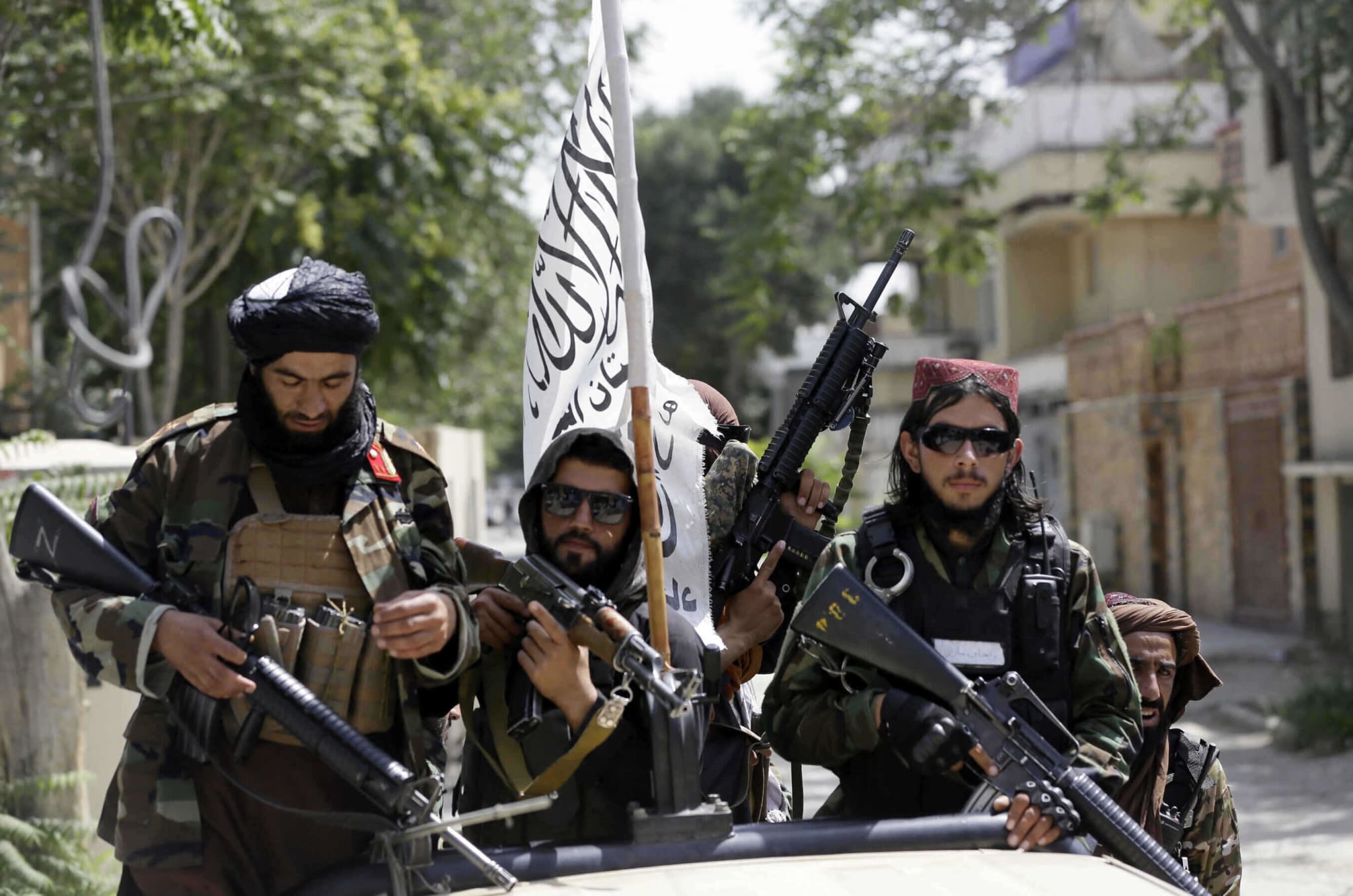The United Nations is proposing to hand $6 million (€5.3 million) to the radical Taliban government next year for the protection of the organization’s staff and buildings in Afghanistan.
The funds are intended to subsidize the salaries of the movement’s former fighters who now work for the Afghan Interior Ministry guarding U.N. facilities, as well as providing them with a monthly food allowance.
When questioned about the proposed payments to the Taliban, deputy U.N. spokesman Farhan Haq insisted his organization “has a duty as an employer to reinforce and, where necessary, supplement the capacity of host states in circumstances where U.N. personnel work in areas of insecurity.”
Several experts told the Reuters news agency that the proposed payments could violate sanctions imposed by the U.N. and the United States on the Taliban and its leaders. Critics also expressed concern over the extent to which the United Nations could ensure that the funds are used by the Taliban for the purpose they are intended, with one anonymous source insisting there is “no proper oversight” over the distribution of the funds once they are in the hands of the Taliban.
One particular member of the Taliban movement who is on the sanctions lists is none other than the head of the Afghan Interior Ministry himself, Sirajuddin Haqqani.
Haqqani has been blamed for the bloodiest attacks carried out by the Taliban insurgents during the Afghanistan’s 20-year long war, with the U.S. still offering a reward of $10 million (€8.8 million) for information leading to his arrest.
The proposed financial contribution should in theory increase the Taliban’s ability to protect approximately 3,500 U.N. personnel in the Afghan capital of Kabul and its ten regional offices, many of whom are helping the country of 39 million people solve food shortages and dysfunctional services during its economic collapse.
The U.N. plan shows the continuing precarious security situation in Afghanistan after the last American troops left the country in August following the Taliban’s successful overthrow of the previous Afghan administration, but it is also evidence of a desperate lack of funding plaguing the new government.






